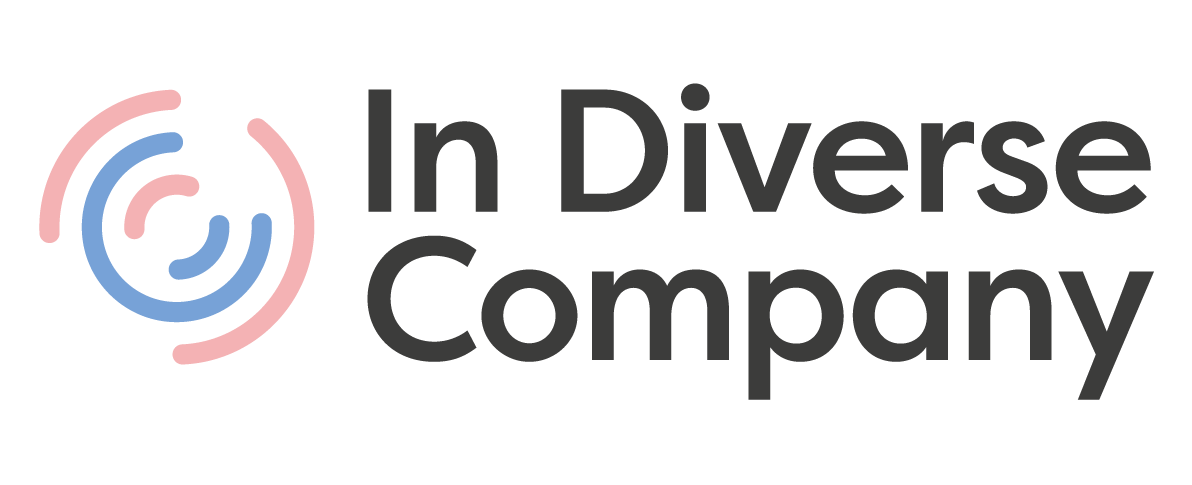By Jai Thade, Head of Content
As creatures of conversation, every human being is born with an innate ability to listen, hindered only by our ability (or inability) to pay attention. However, there is merit in not merely relying on our listening skills as an unconscious reflex, but to make a conscious effort and deploy this skill as a strategy.
To explain why, we need to explore the different outcomes the act of listening carries with it. The initial few answers that may come to mind would be that we listen to gather information, find facts and learn more. Another reason we listen is to respond to others within the confines of a conversation.
But let’s reflect a little bit deeper. What other outcomes does listening carry with it?
Here’s one: the act of listening to someone intently can be a powerful way to communicate to someone else. It can communicate a willingness to understand and empathise with the other person, a respect for their thoughts and feelings, and an interest in what they are sharing. Listening with full attention can even communicate that you value or consider another person important. As the saying goes, communication isn’t just about what you say, it’s also about what you do!
Here’s another: listening can help ease the emotional burdens of others. This is something that will most likely resonate with you on a personal level – there have most probably been a few instances where you have felt emotionally distressed, and you spoke about your predicament to others seeking comfort.
And lastly, listening can help people change, and to problem-solve. If you can listen non-judgementally, you create a safe space for the speaker to voice thoughts, feelings, ideas and concerns. Having a non-judgemental space where you can put your thoughts out and examine them is often enough for people to solve their own problems and come up with their own solutions. Have you ever had the experience where you approached someone else with a problem, but as you were talking through the problem, the solution came to you of its own accord? That is an example of this principle in action!
Research also seems to indicate that non-judgmental listening helps people put their guards down, in turn making them more willing to reflect on their strengths & weaknesses in a non-defensive manner. Such objective self-reflection is key to self-development in both a professional & non-professional setting.
So, as you can see, there’s much more to listening than just helping us gather facts and information. Therefore, there is merit to be more intentional with our listening – to listen as a strategy, not merely as a reflex.
To conclude, here’s a beautiful quote about the power of listening by Karl A. Menninger, American Psychiatrist:
“Listening is a magnetic and strange thing, a creative force. The friends who listen to us are the ones we move toward. When we are listened to, it creates us, makes us unfold and expand.”
_
This article is an excerpt from our learning programme on Active Listening and Giving Feedback – do contact us at info@indiversecompany.com to know more about how we deliver this and how it can benefit your organisation.
_
Photo from Canva
Liked this article? Share it with your network:
There’s much more to listening than just gathering facts and information. There is merit to be more intentional with our listening – to listen as a strategy, not merely as a reflex.





